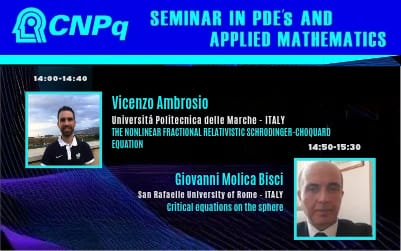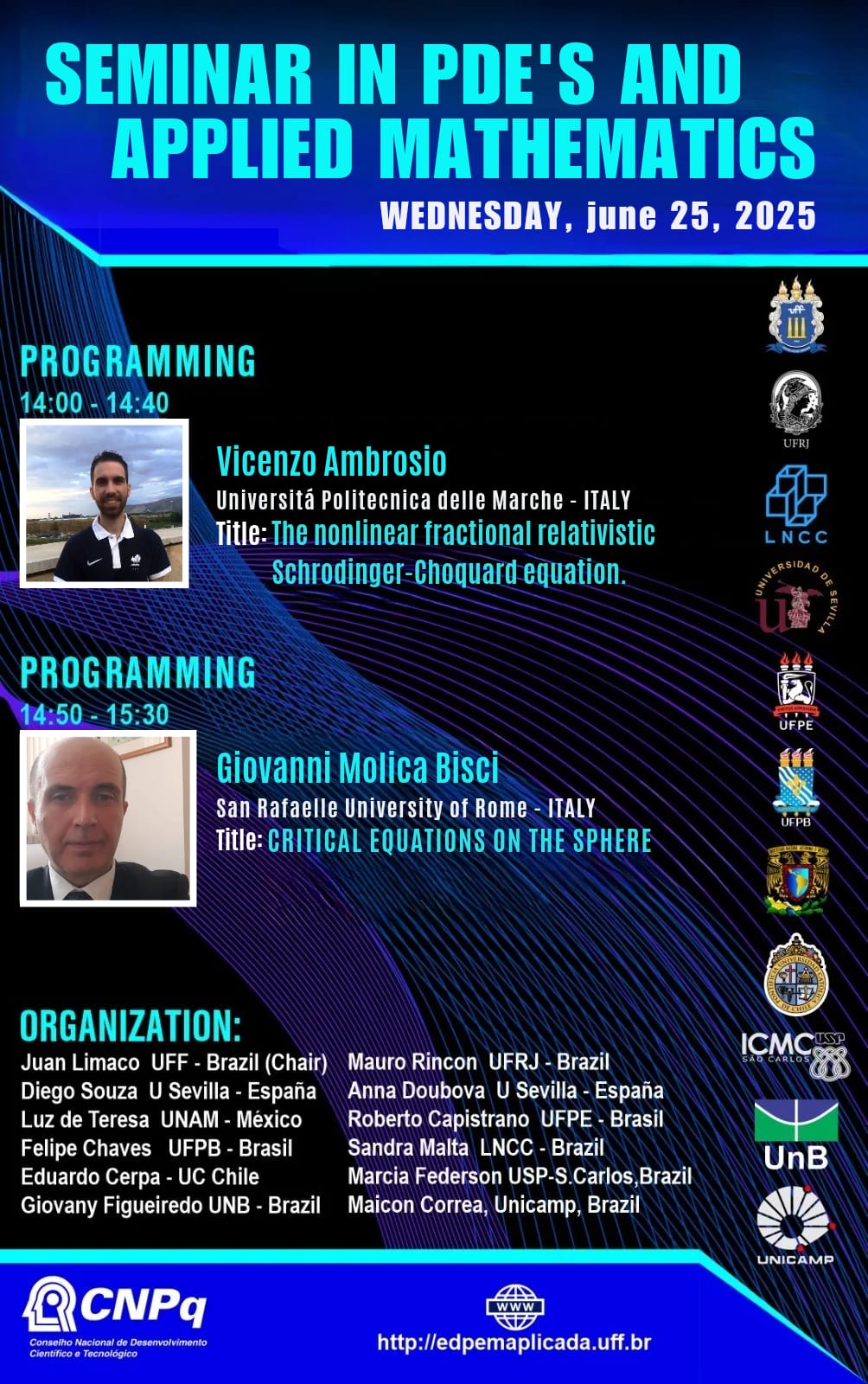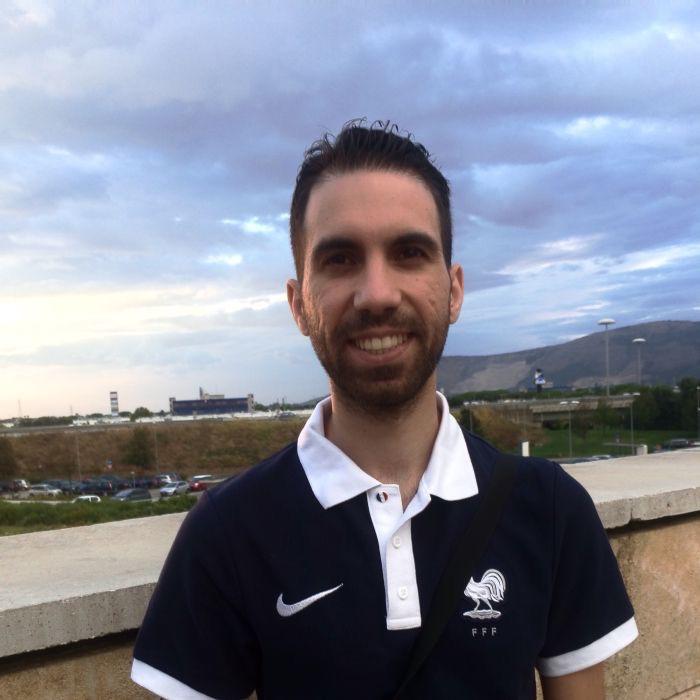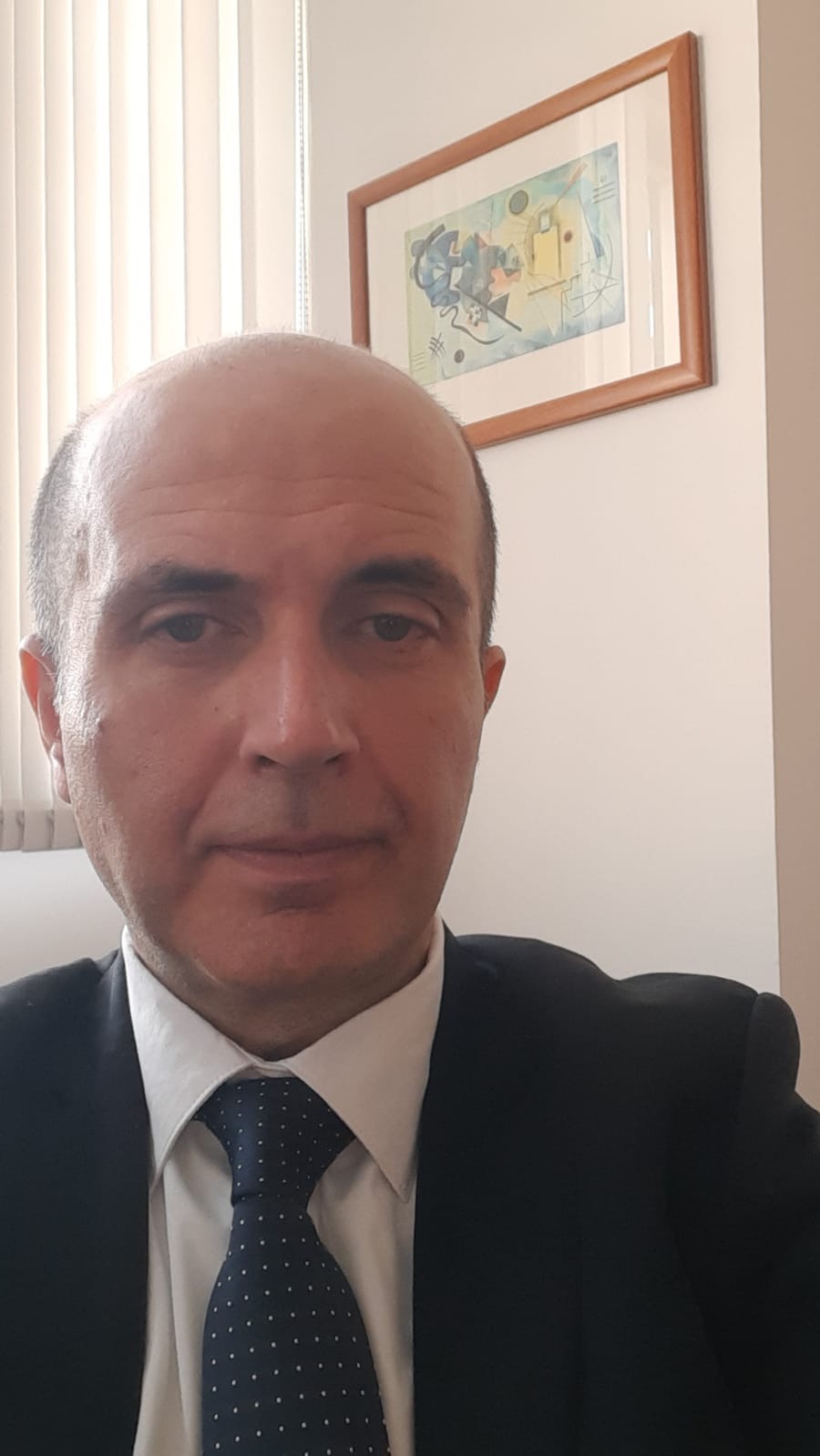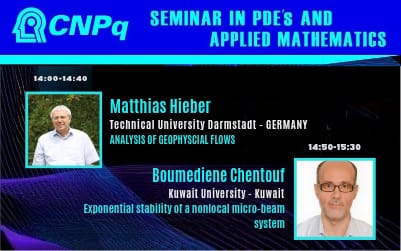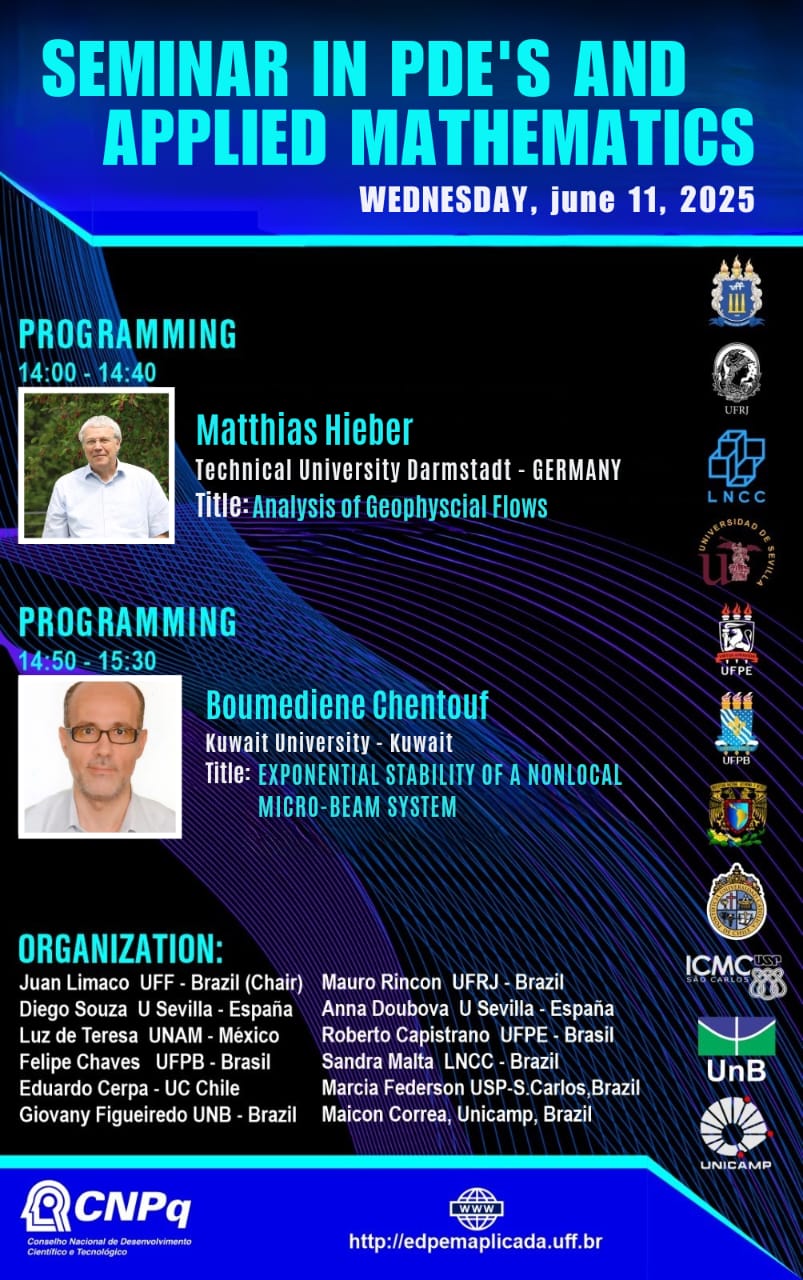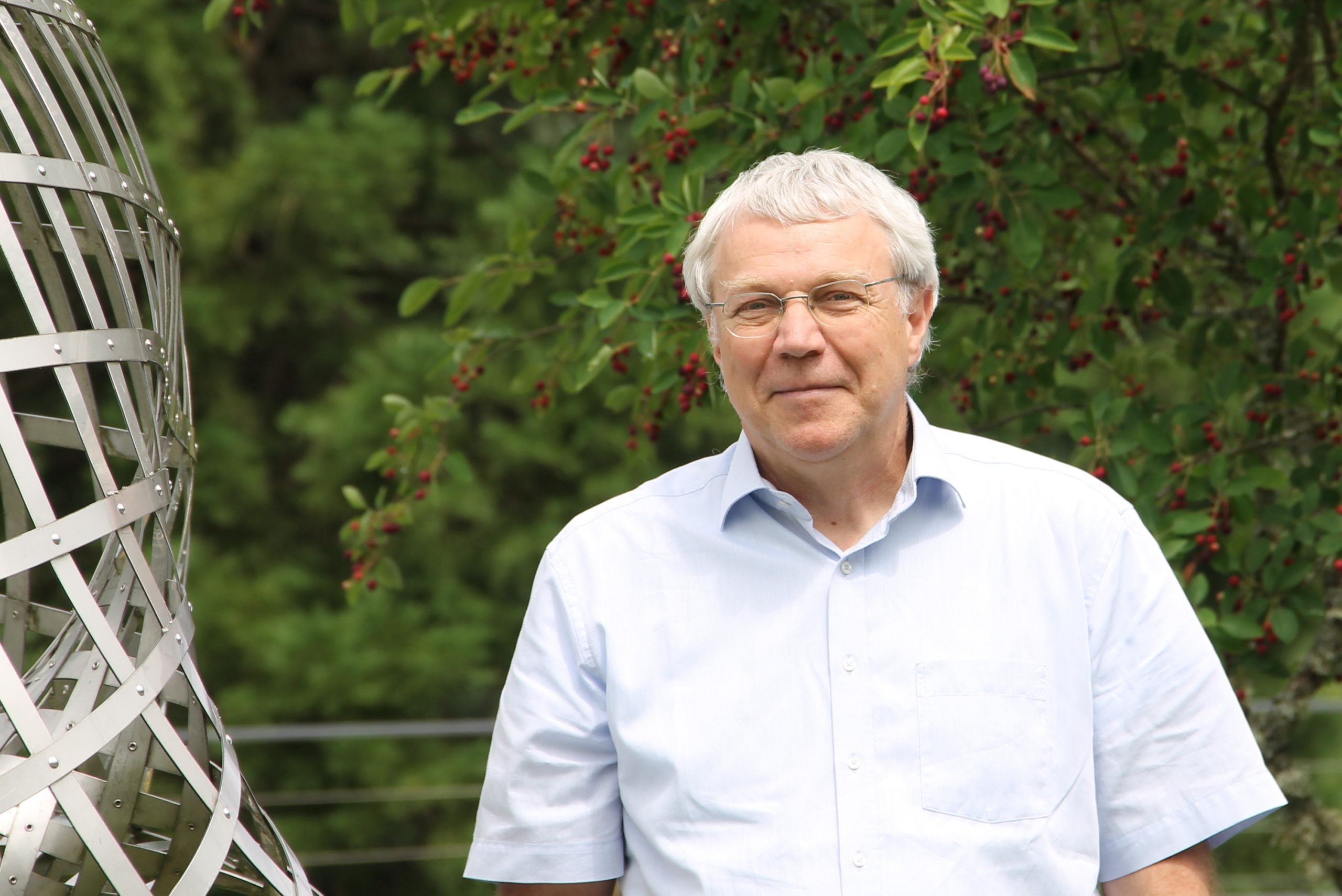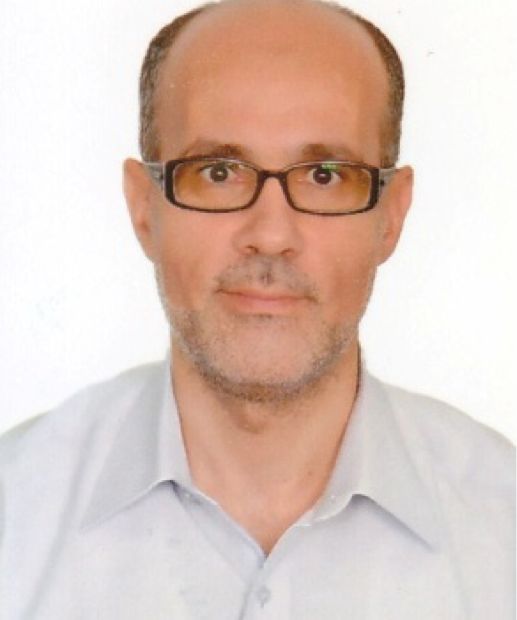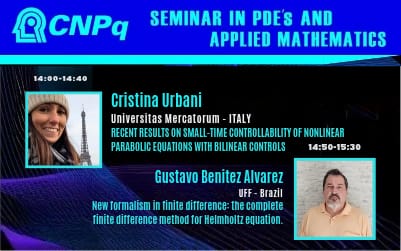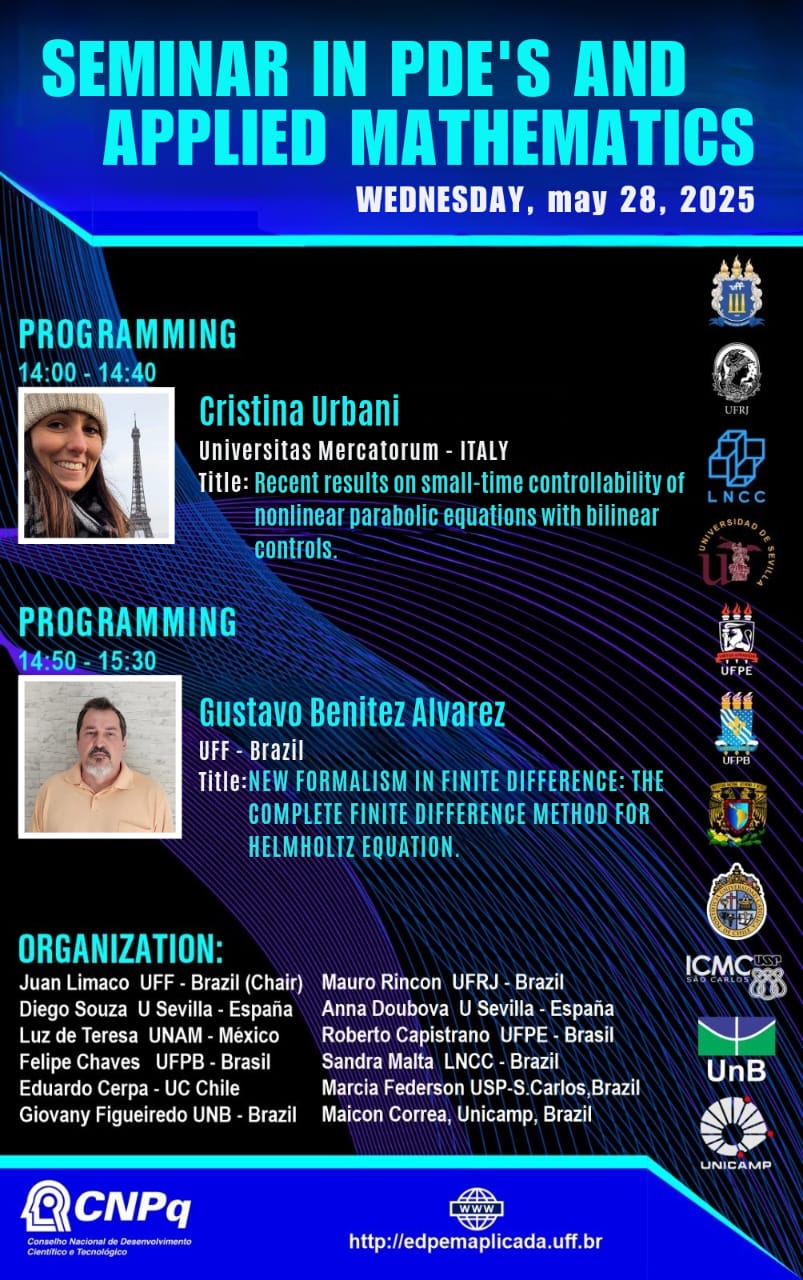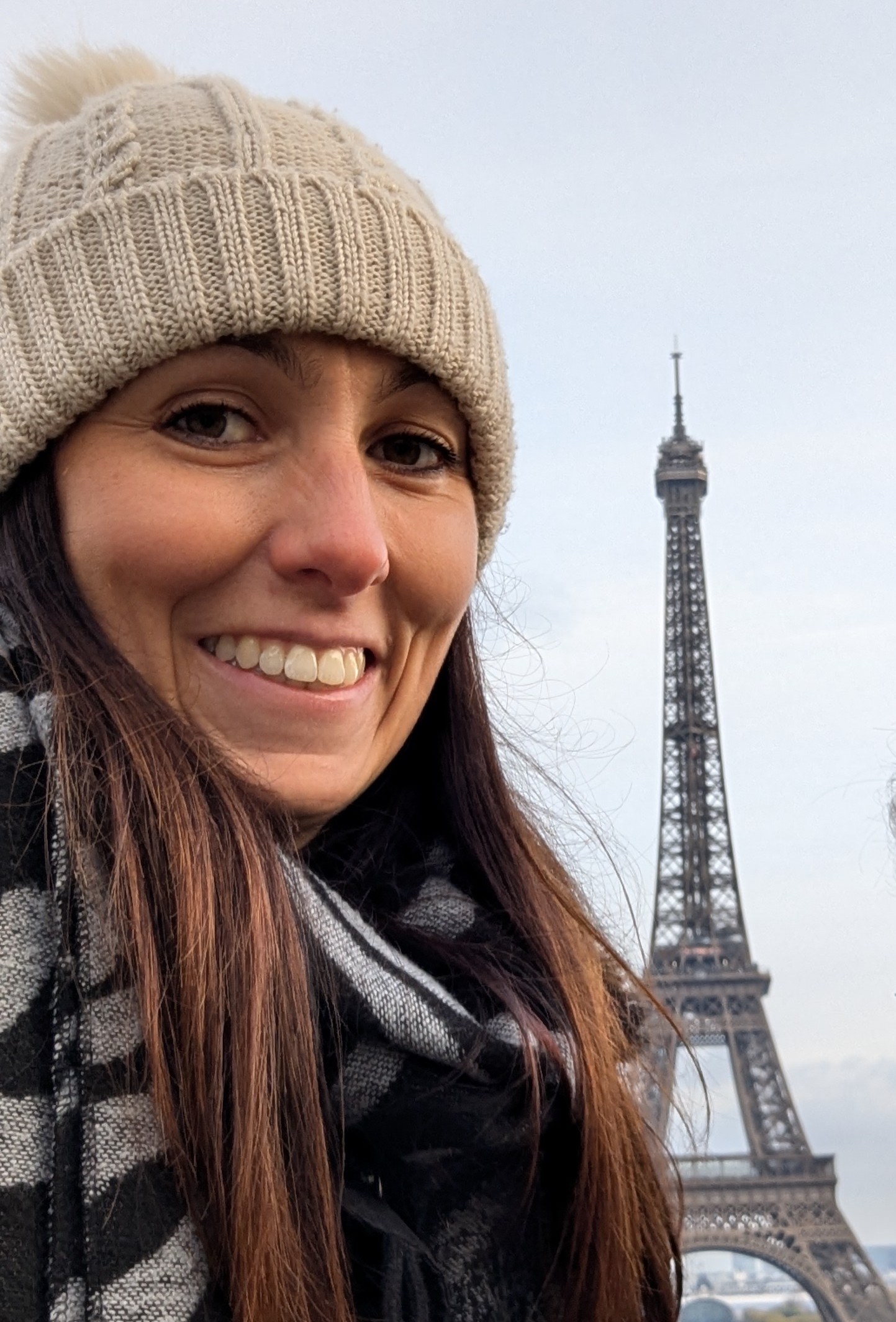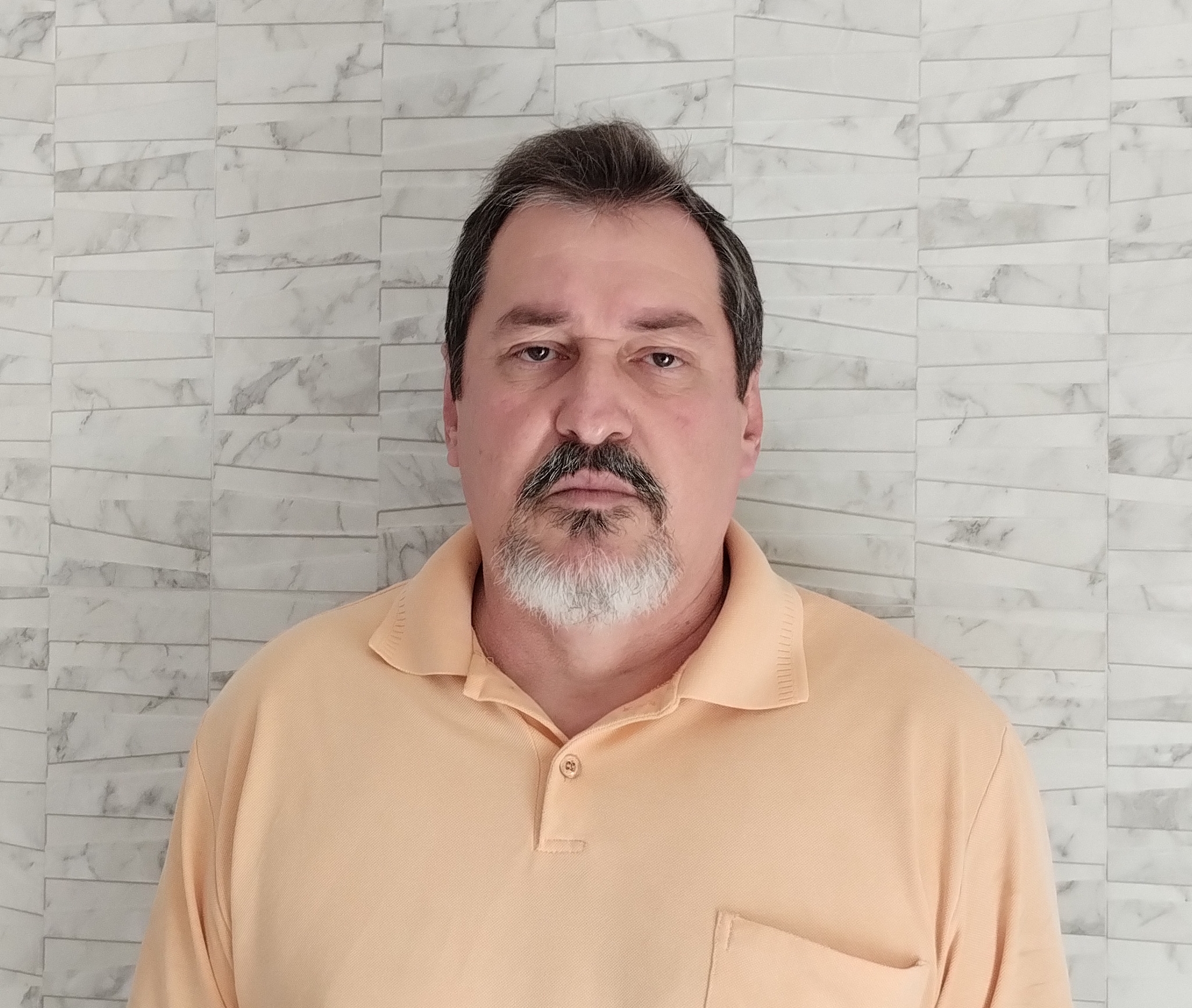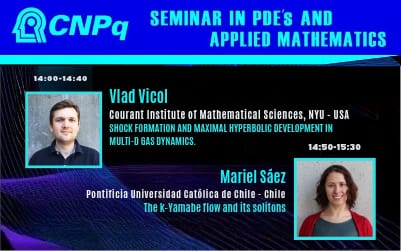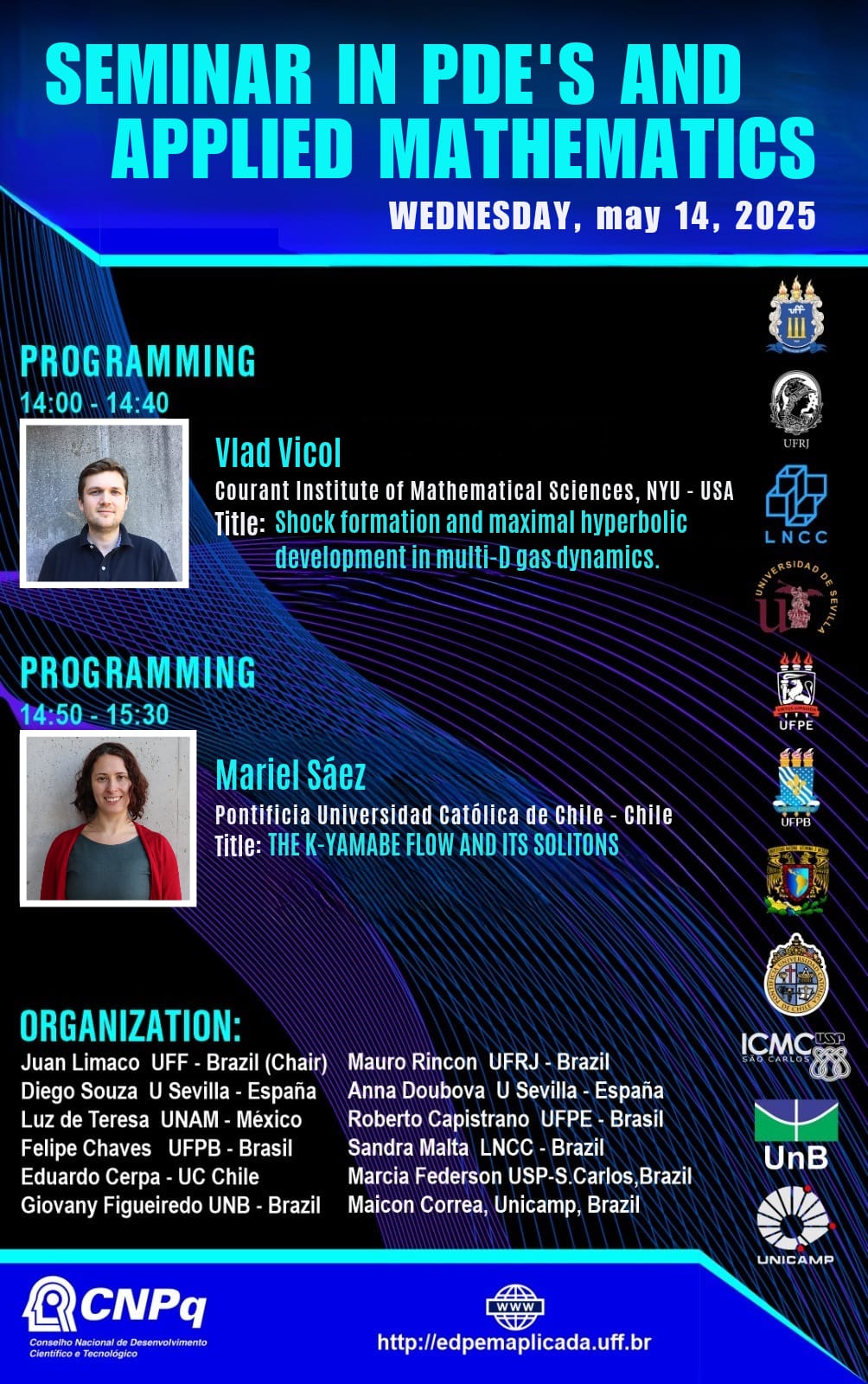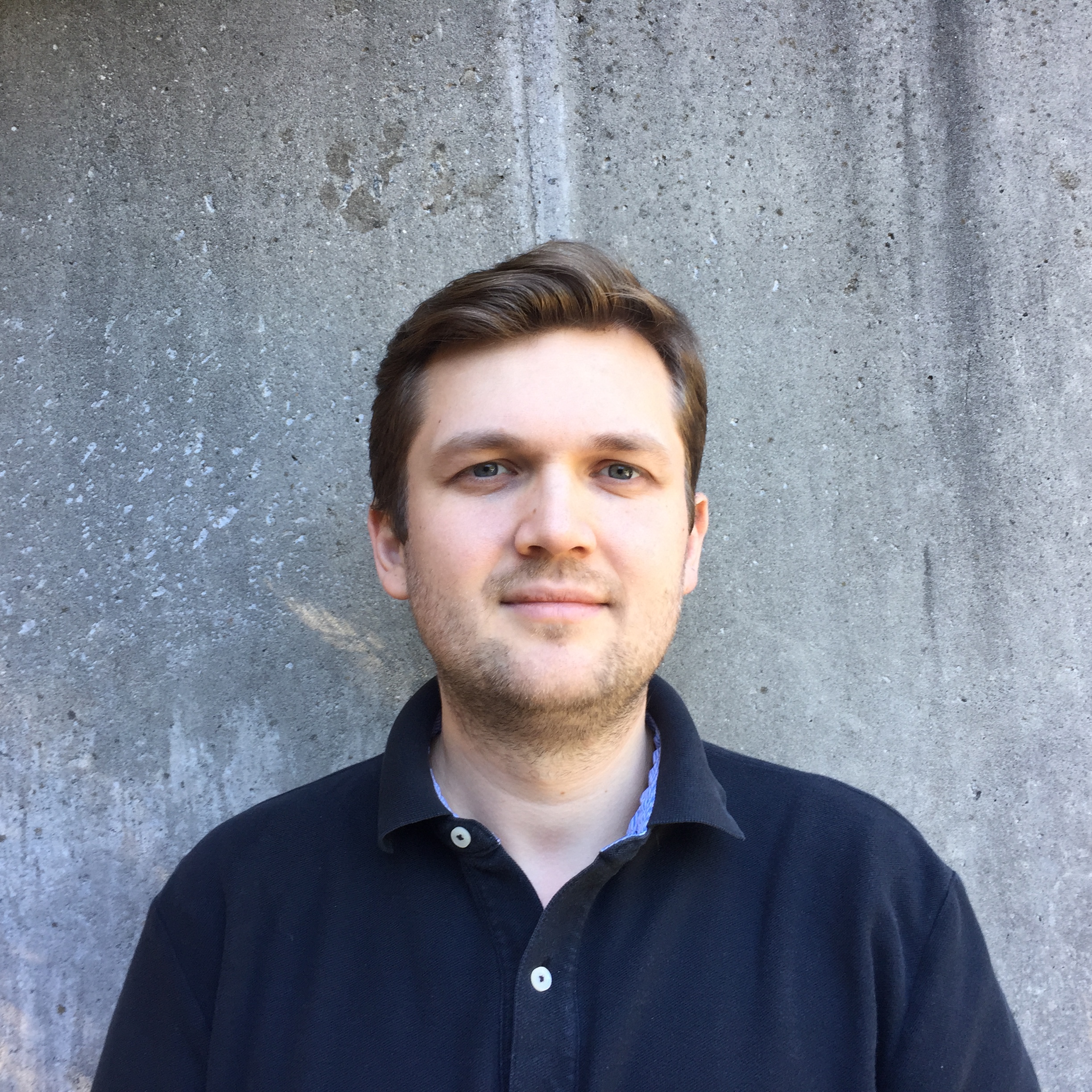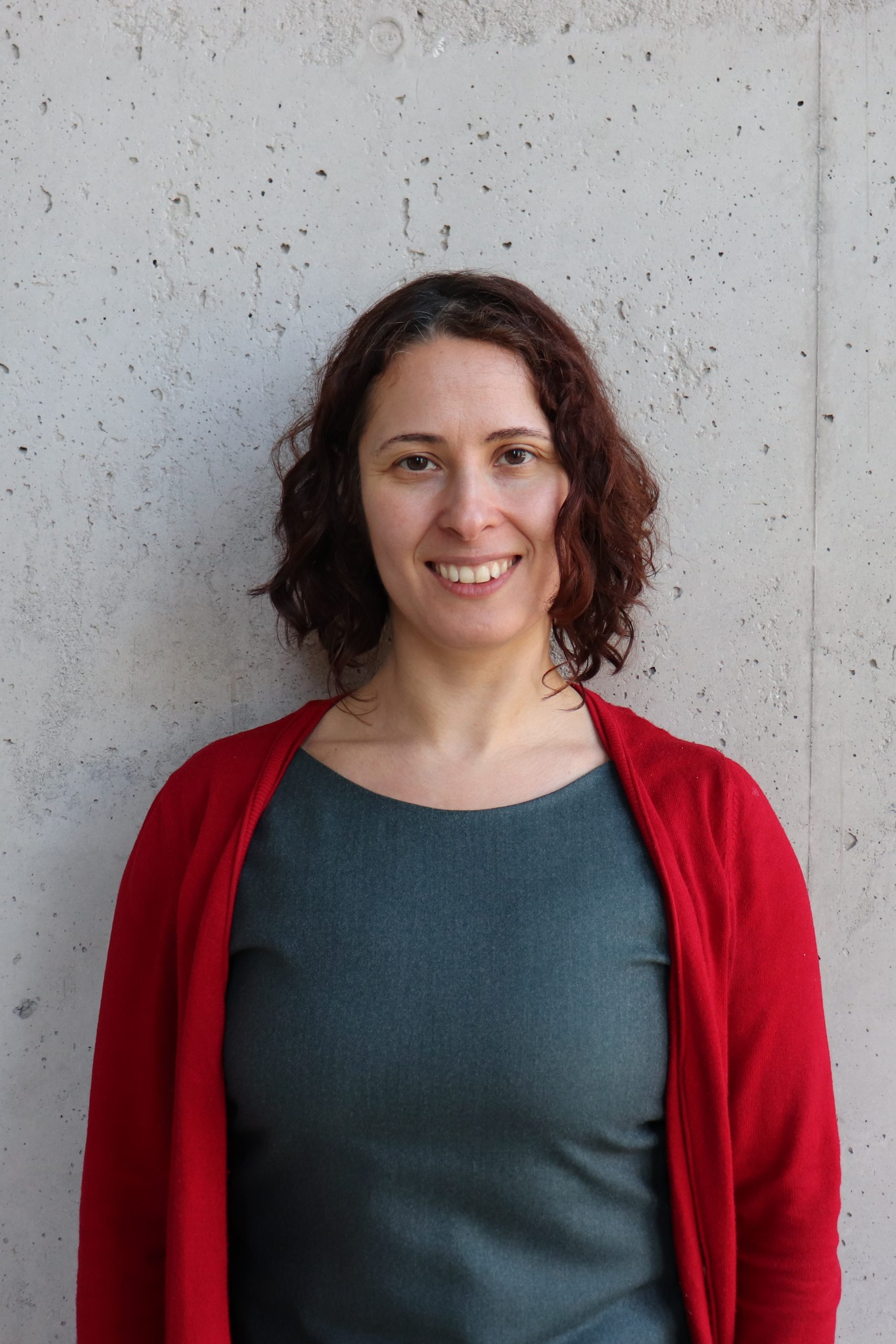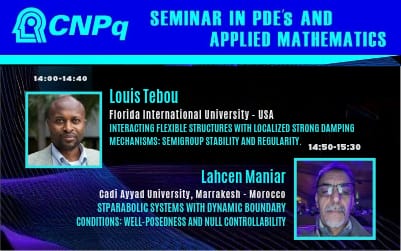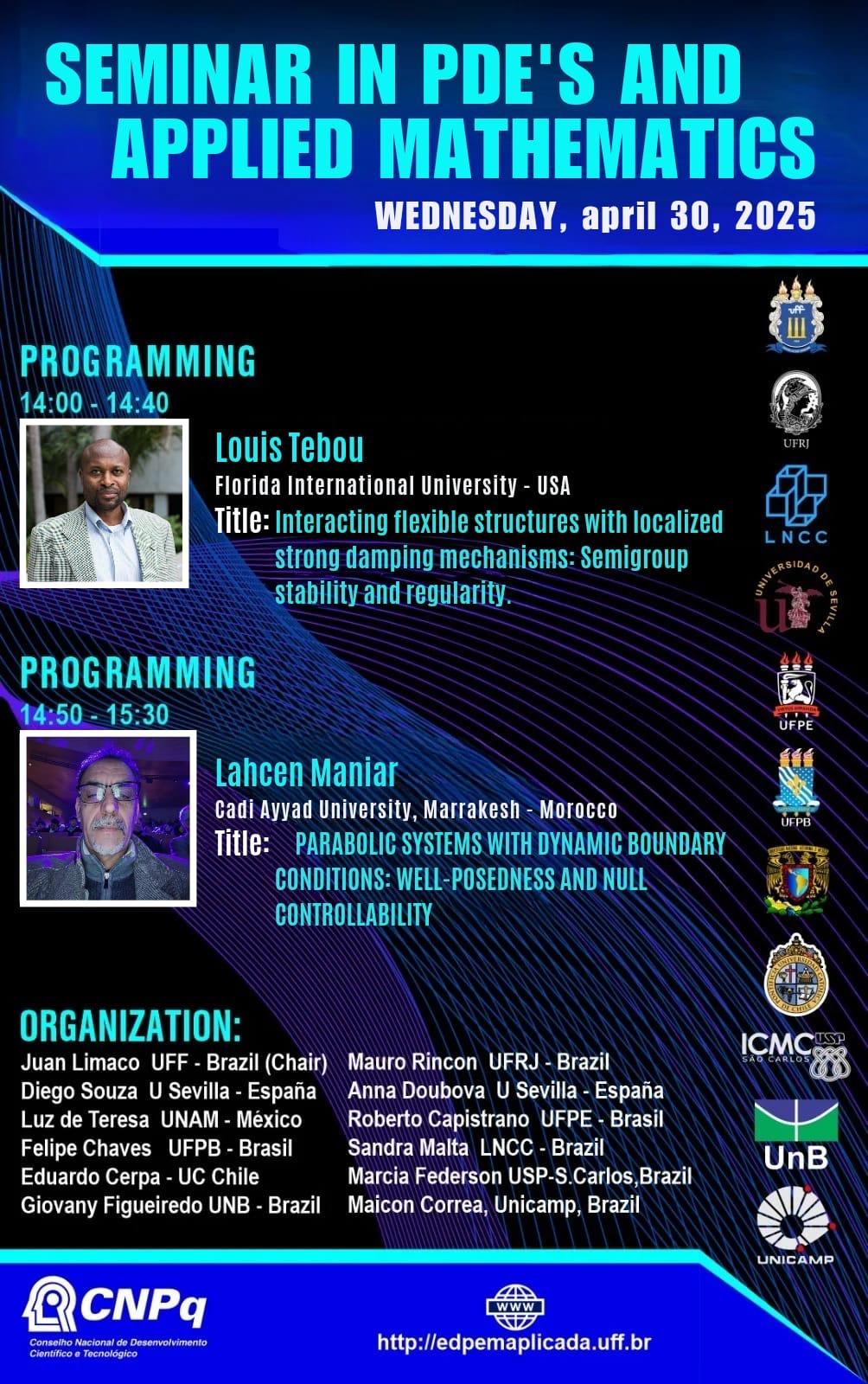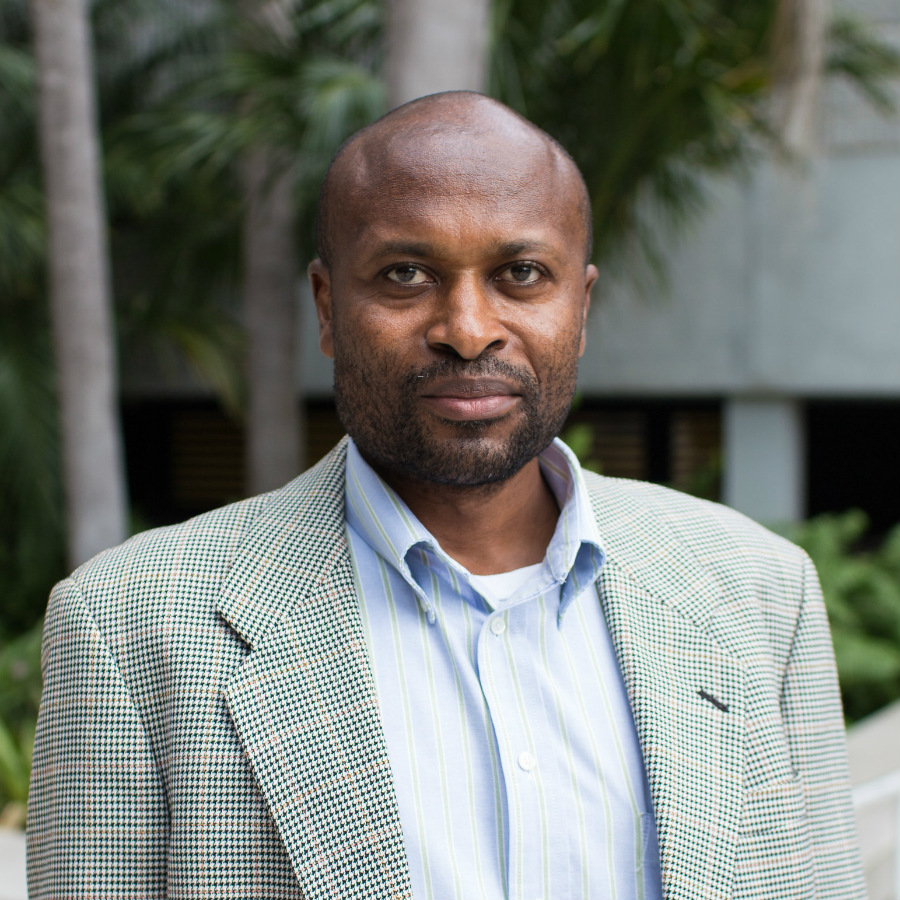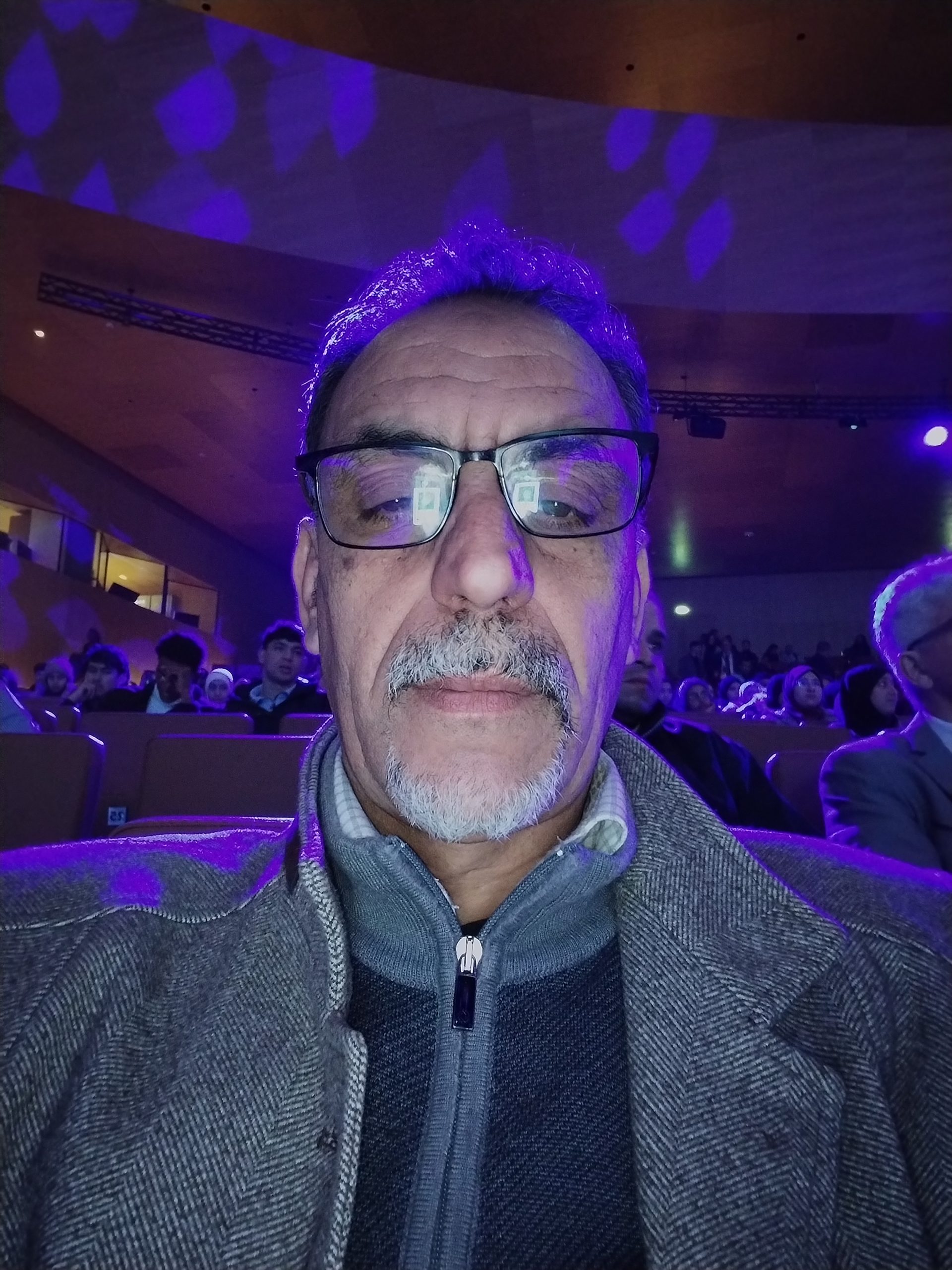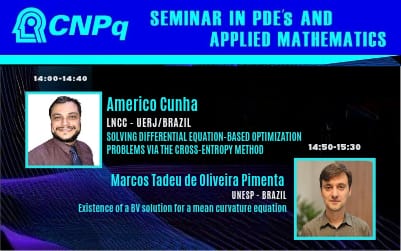
Seminar July 9th of 2025
Seminar in EDP and Applied Mathematics
July 9 , 2025 – 14h (Brazil)
Streaming: Youtube Channel | SEMINARIO DE EDP E MATEMATICA APLICADA
Event
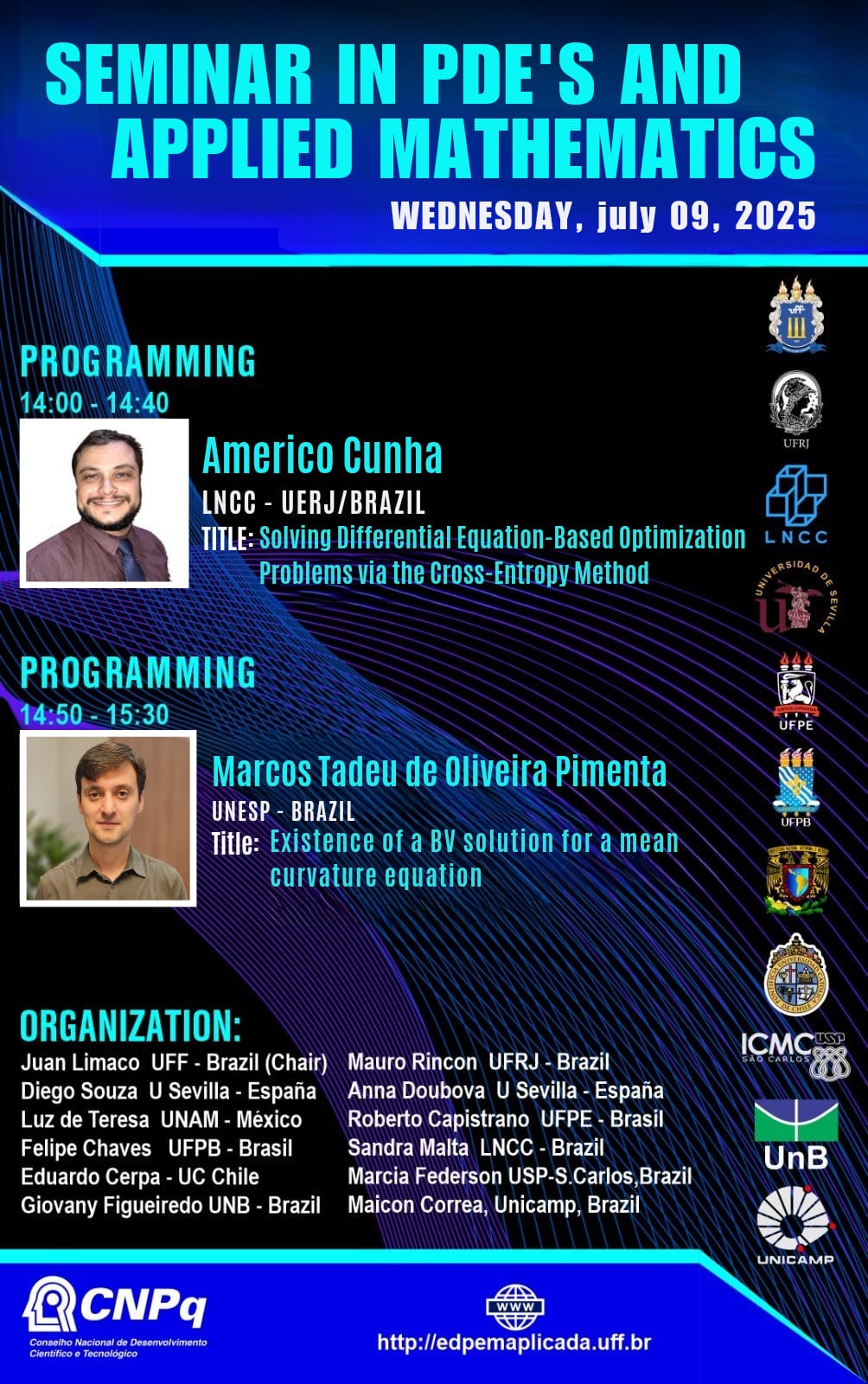
About Seminars
Our Online Seminar is one of the most important events in Brazil, it has been held since August 2020, every Wednesday at 2 pm, Brasília time, with a frequency of 14 days. Two 40-minute lectures are presented in each session. Our speakers are world-renowned mathematicians from Europe, the United States and South America.
Featured Talks & Speakers
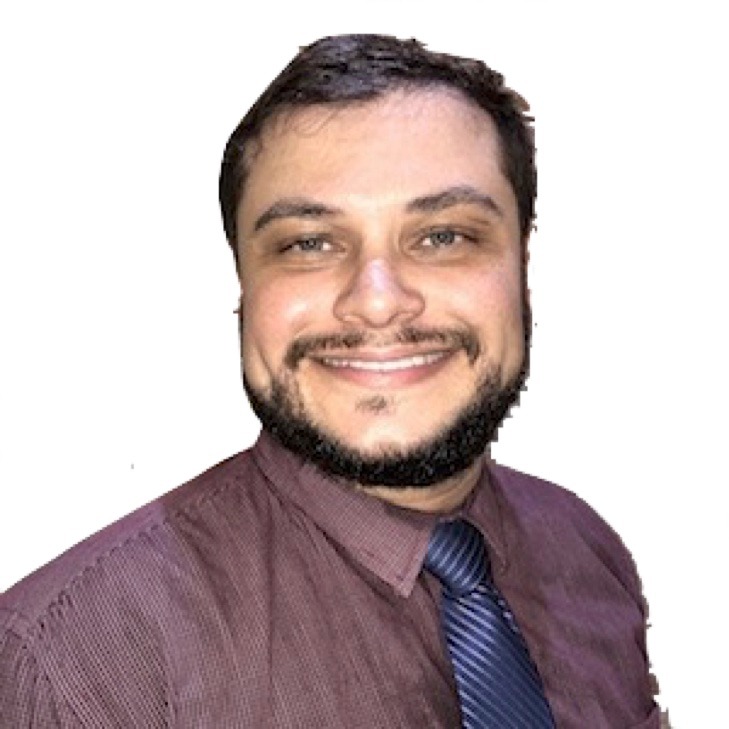
Americo Cunha
14:00h – 14:40h
Solving Differential Equation-Based Optimization Problems via the Cross-Entropy Method
The Cross-Entropy (CE) method, a robust stochastic optimization technique, has garnered attention for its efficacy in addressing complex optimization problems across various disciplines. Originating from the field of rare event simulation, the CE method has evolved into a versatile tool for combinatorial optimization, continuous optimization, and machine learning tasks. Its core strategy involves generating sample solutions and iteratively refining probability distributions to hone in on the optimal regions of the solution space. This seminar introduces the CE method and its practical implementation through the CEopt code, a MATLAB/Python-based framework designed to simplify the application of CE techniques. The CEopt code encapsulates the method’s adaptability and effectiveness, featuring support for both constrained and unconstrained optimization problems. Its modular architecture, equipped with input validation, adaptive sampling mechanisms, and dynamic parameter adjustment, enables users to tackle a wide array of optimization challenges without deep dives into algorithmic intricacies. Participants from machine learning and computational mechanics backgrounds will find particular interest in how the CEopt code can integrate into their workflows to optimize performance metrics and system designs. This seminar will cover the theoretical foundations, practical considerations, and potential applications of the CE method, demonstrating its utility with real-world examples and discussing future directions in optimization technology.
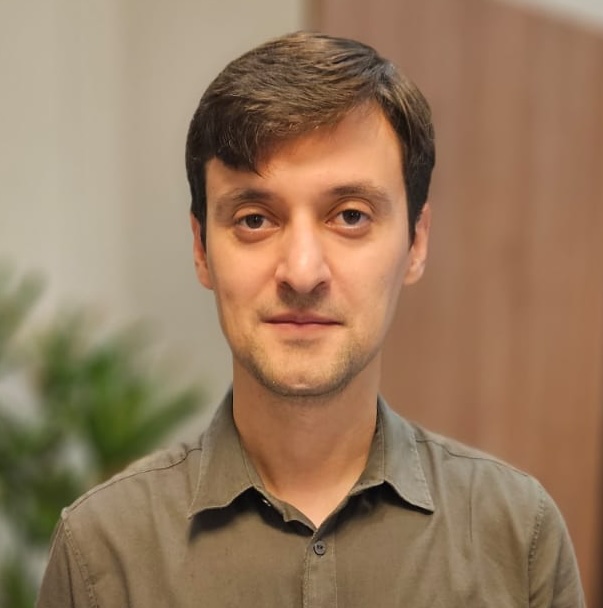
Marcos Tadeu de Oliveira Pimenta
UNESP-Brazil
14:50h – 15:30h
Existence of a BV solution for a mean curvature equation
In this talk, we prove the existence of a bounded variation solution for a quasilinear elliptic problem involving the mean curvature operator and a sublinear nonlinearity. We obtain such solution as the limit of the solutions of another quasilinear elliptic problem involving a parameter p goes to 1. The analysis requires estimates independent on p, as well as a precise version of the Euler-Lagrange equation satisfied by the solution.
About Organization
Juan Limaco -UFF-Coordenador
Mauro Rincon – UFRJ – Brazil
Anna Doubova-U.Sevilla-Spain
Luz de Teresa-UNAM Mexico
Diego Souza – U Sevilla -Spain
Felipe Chaves-UFPB-Brazil
Roberto Capistrano – UFPE Brazil
Sandra Malta – LNCC – Brazil
Eduardo Cerpa – U.C – Chile
Giovani Figueiredo – UNB – Brazil
Marcia Federson USP,San Carlos –Brazil;
Maicon Correa – UNICAMP- Brazil
Our Partners
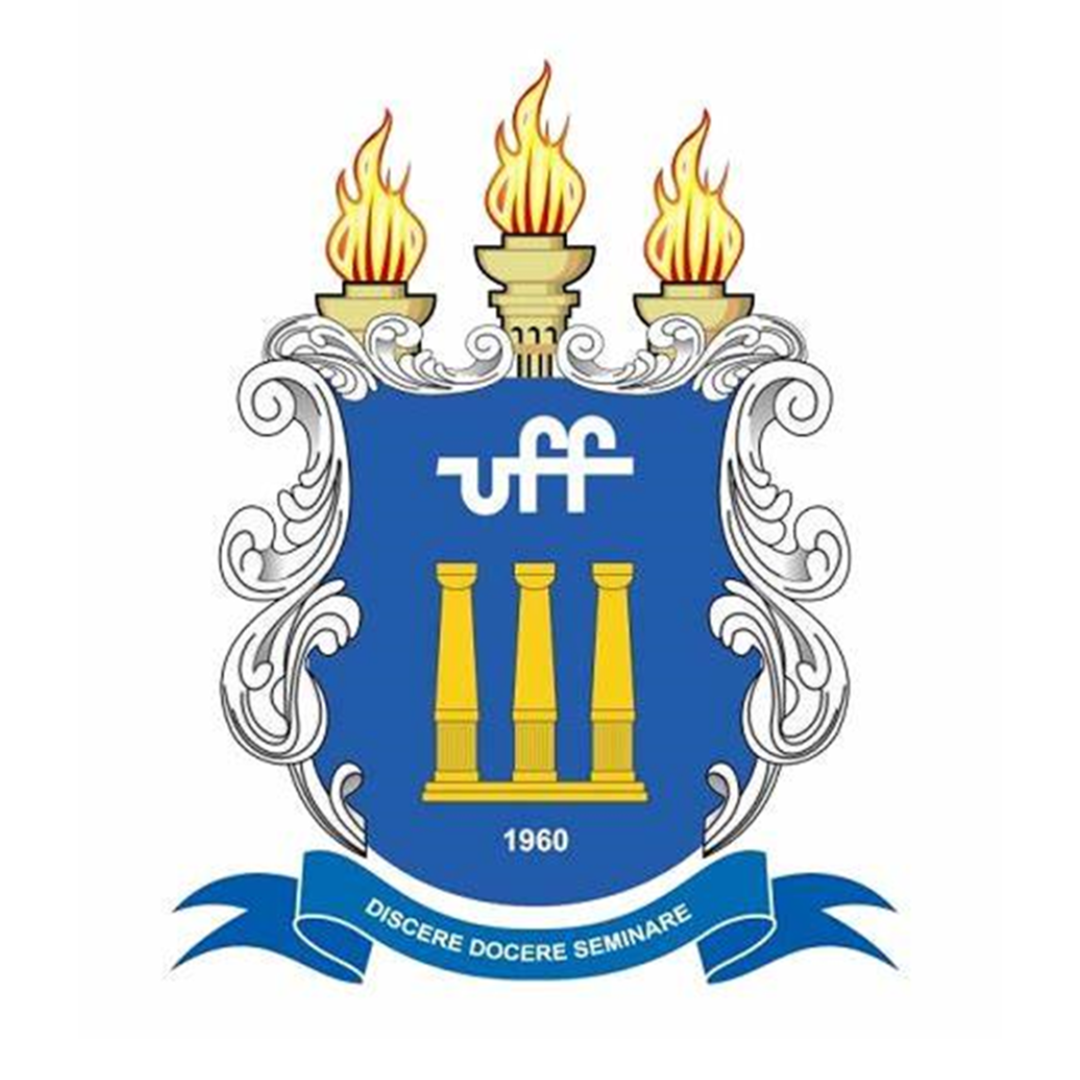
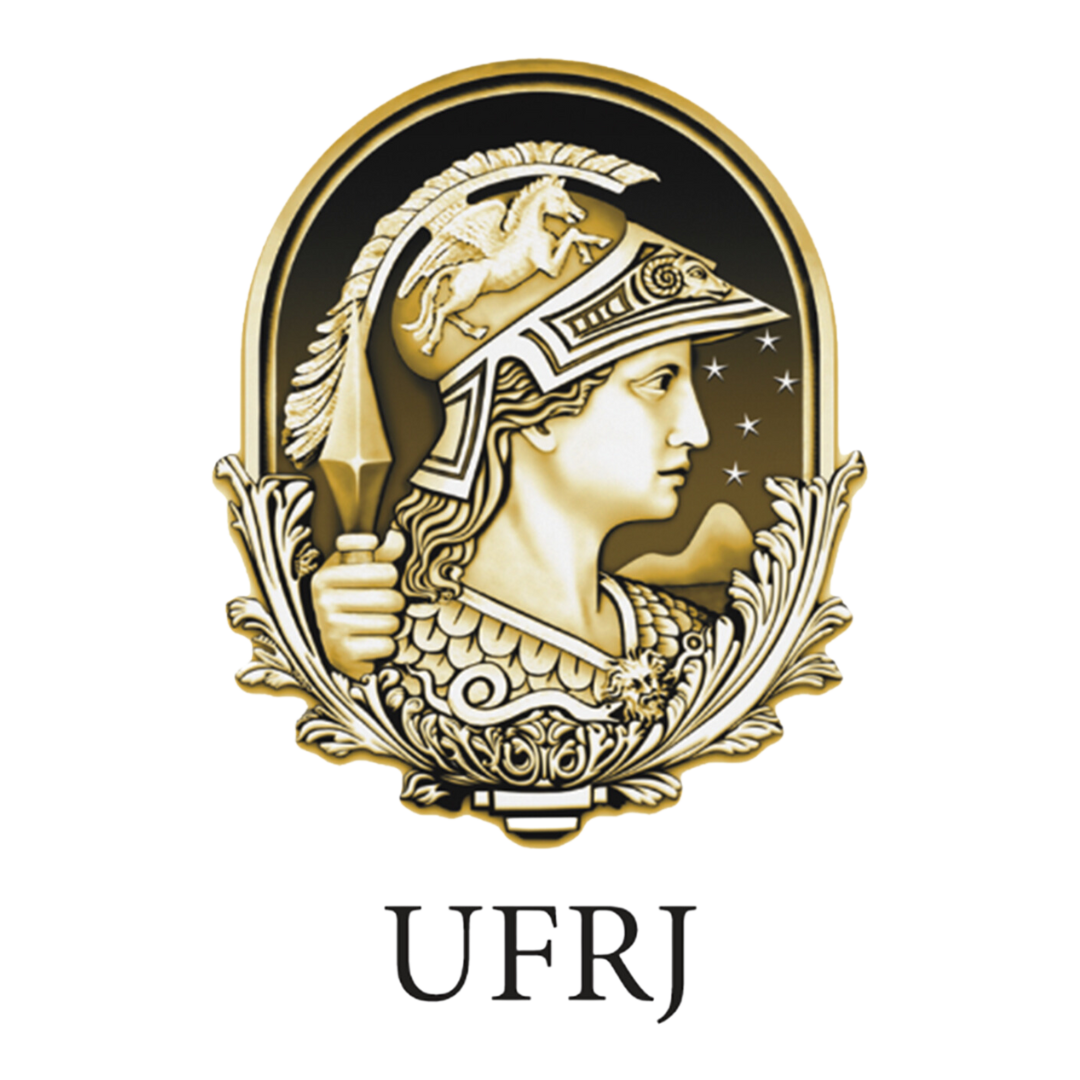
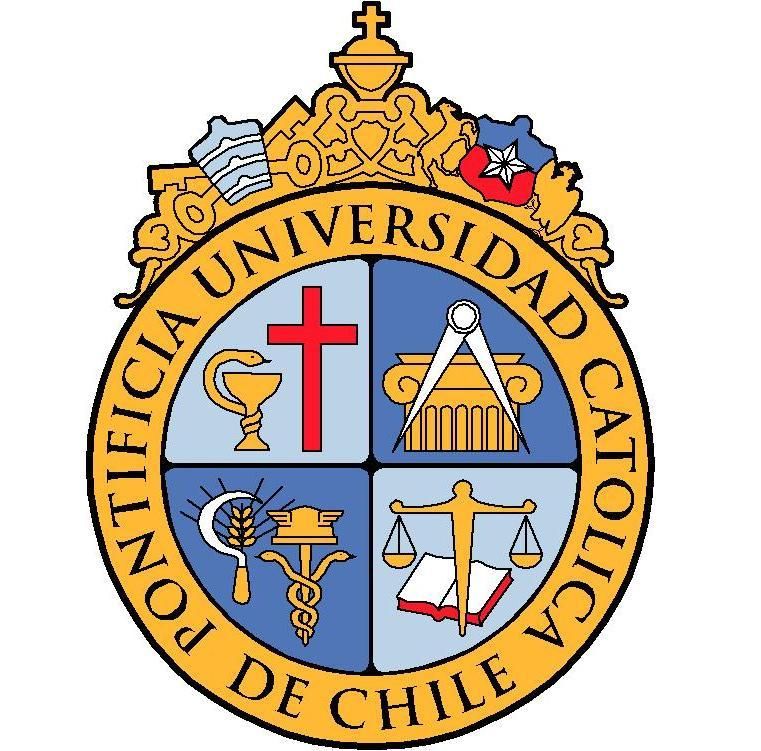
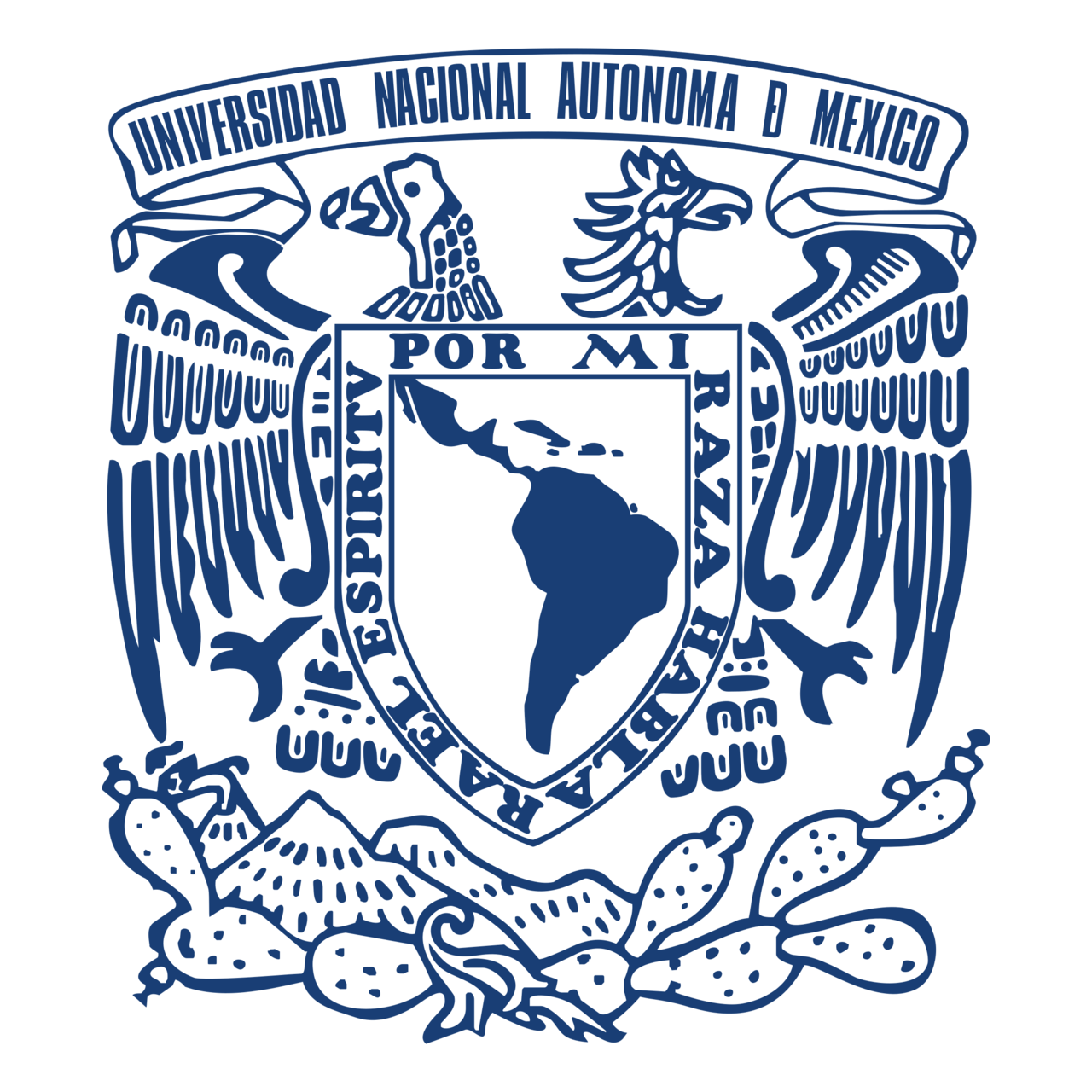
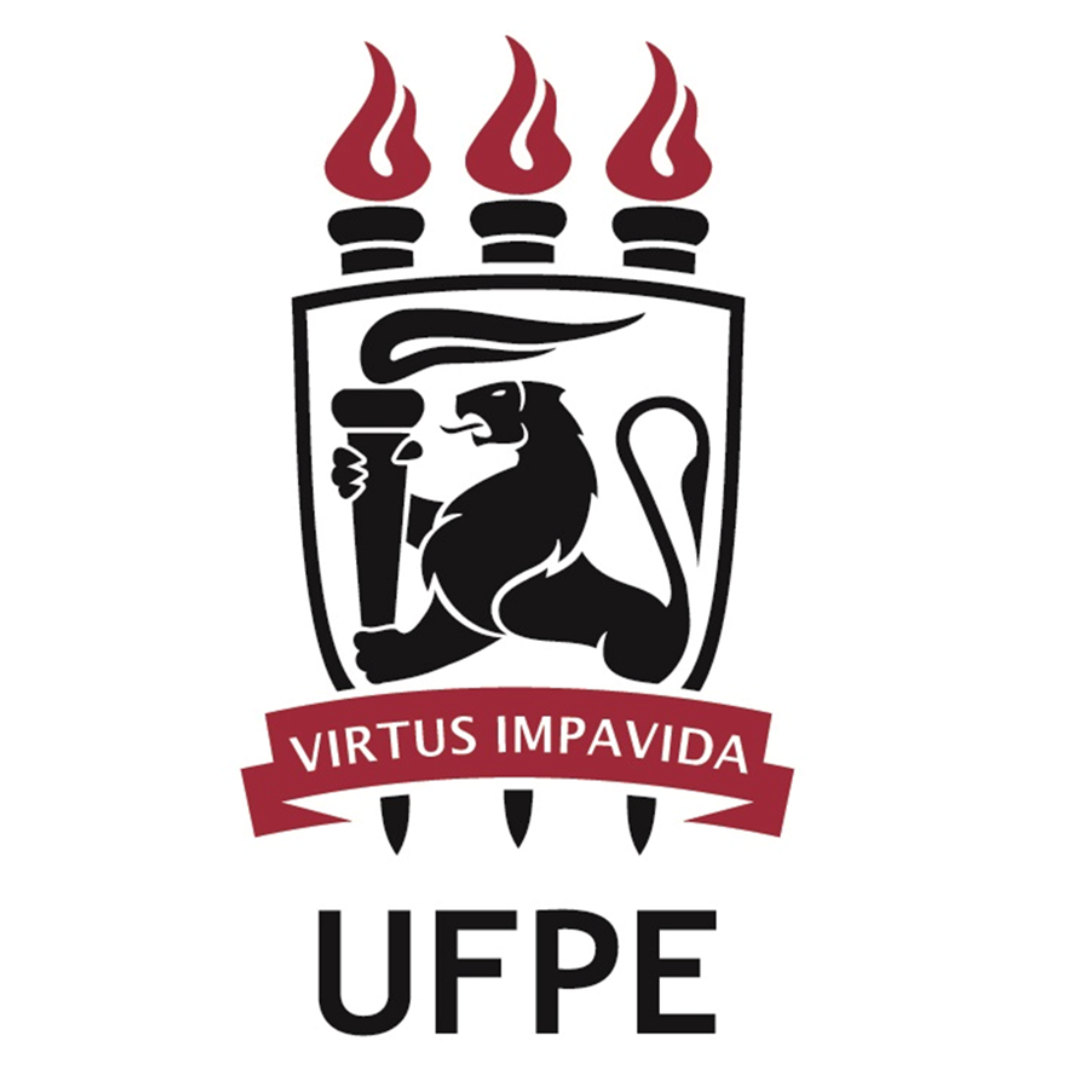
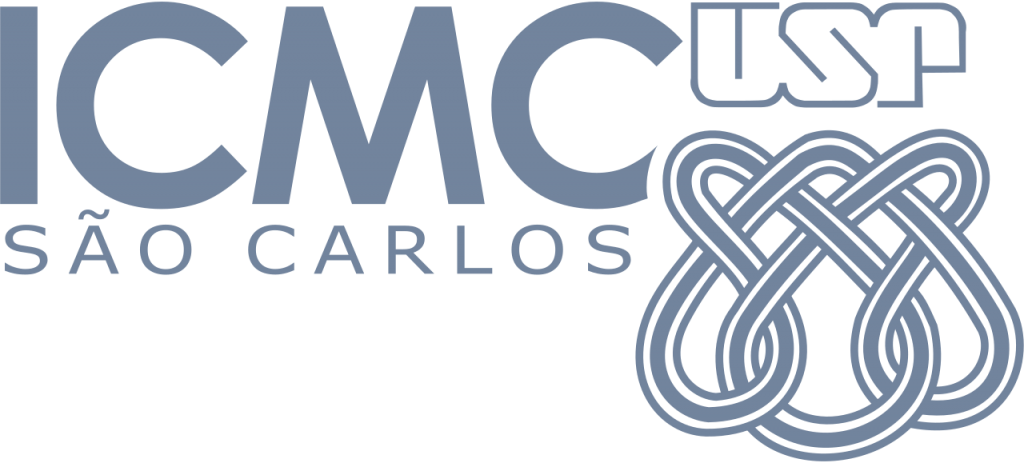
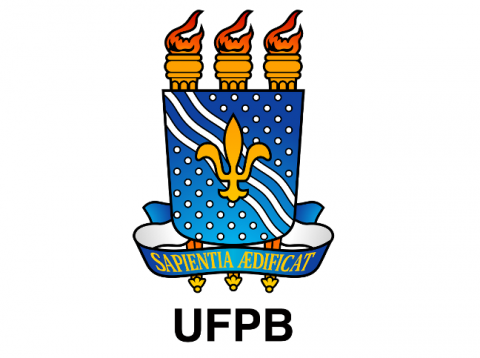
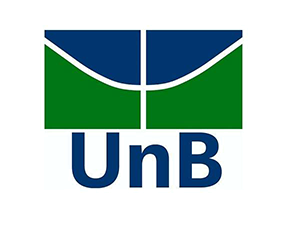
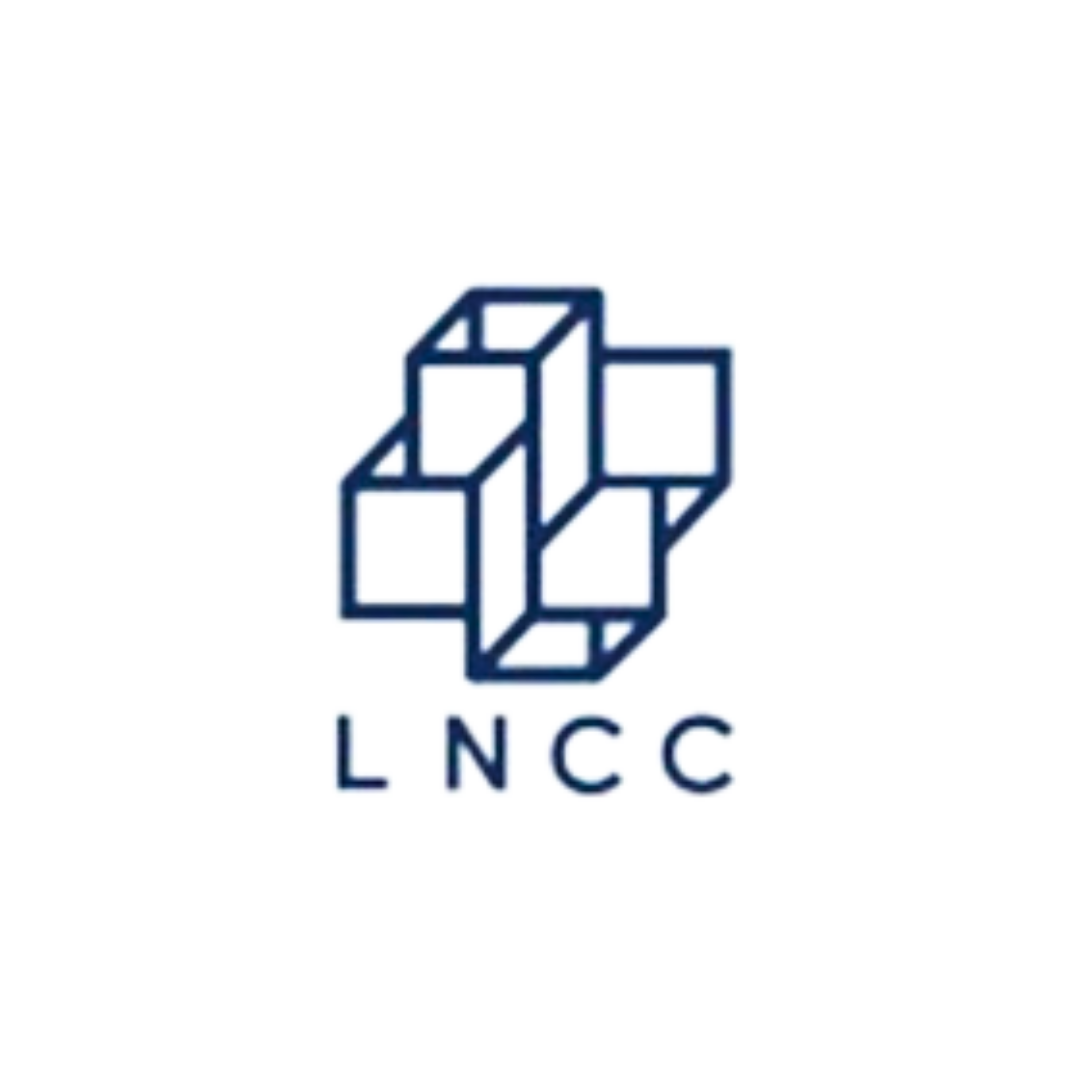
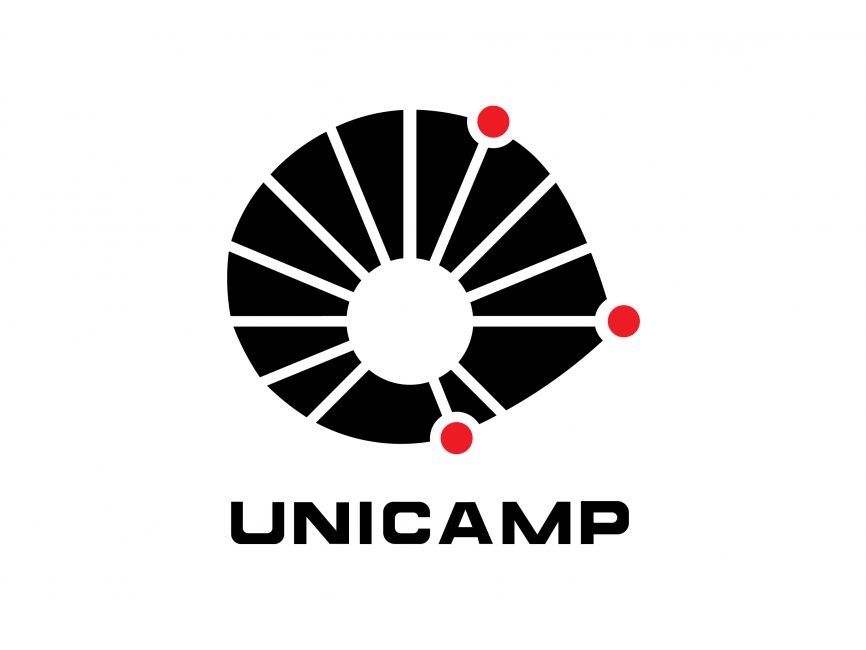
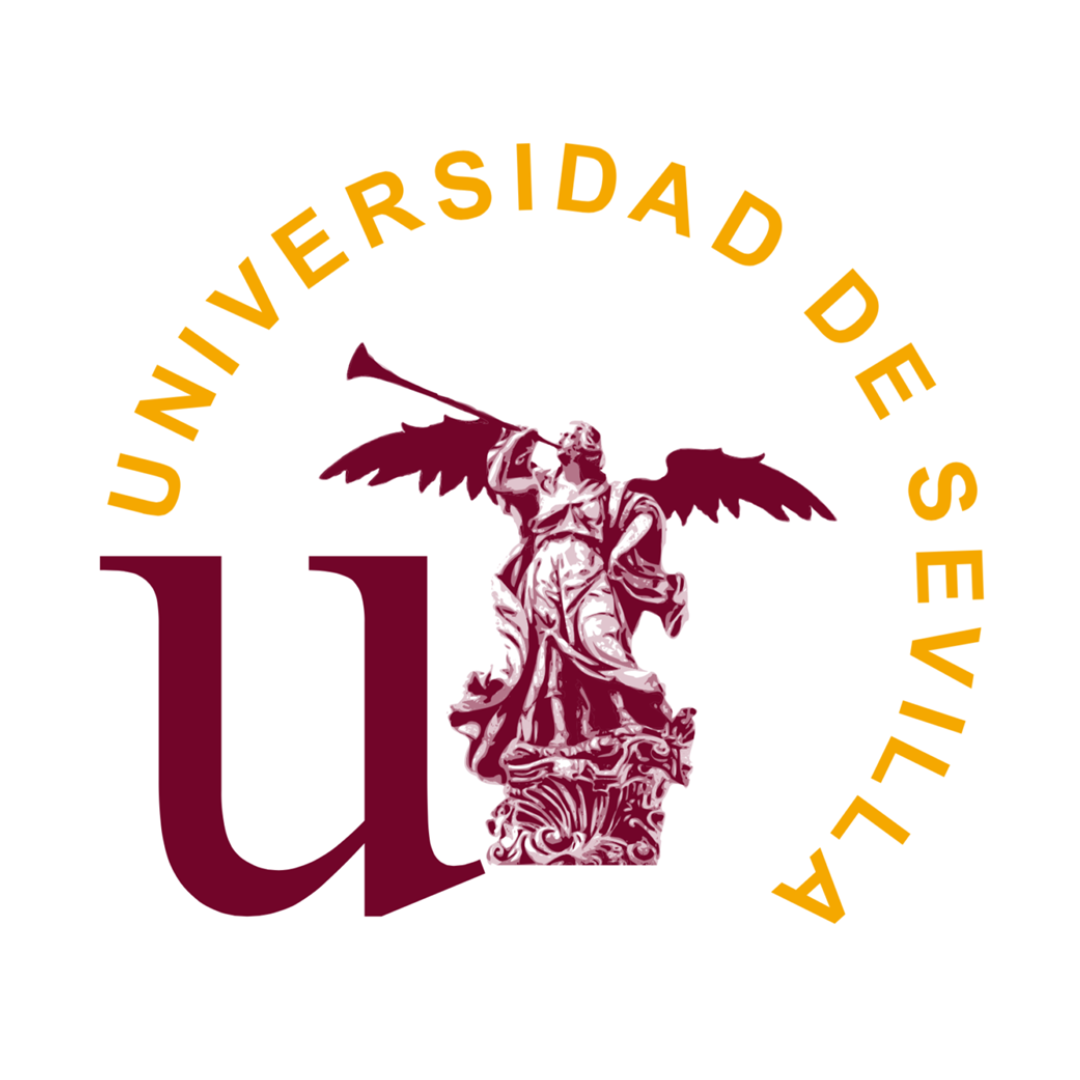
Access our channel!
A channel for students, professors, researchers and professionals who wish to deepen their knowledge in EDP and applied mathematics.

